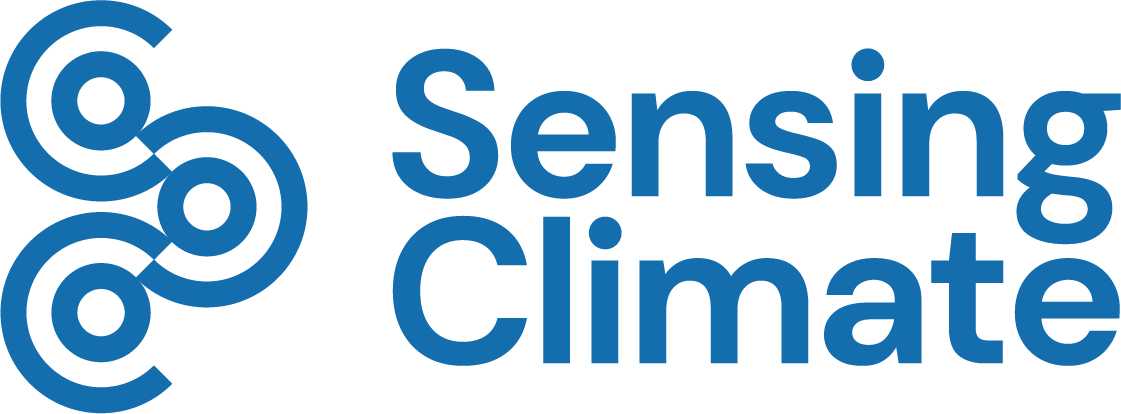We’ve started!
By Sarah Bell
Hello and welcome to the Sensing Climate news pages!
We’ve created these pages to provide an open space, both for project-related news, but also for anyone who would like to share their activities around disability and the climate crisis – individuals, practitioners, artists, researchers or other organisations working in this area.
If you would like to share, we would love to hear from you – do email Sarah at Sarah.Bell@exeter.ac.uk, or drop us a line via the contact page.
Since the project started, we’ve been busy refining the project plans and hope to start the fieldwork in the new year!
Exciting progress
Andy and I have been busy collating and analysing relevant policy documents and strategies, initially to understand how, if at all, disabled people have been considered within UK climate and related policies. We drew on some of this work to respond to the UK Government Disability Unit’s Disability Action Plan 2023-24 consultation in October.
Two sections of the consultation were particularly relevant to Sensing Climate: emergency planning and resilience work; and climate adaptation and mitigation. All emergency planning, climate adaptation and mitigation policies need greater disability inclusion. This work must not replicate the ableist and disabling responses that have permeated the Covid-19 pandemic.
While the UK Government has committed to mainstreaming disability inclusion into all international climate work (for example, within the 2030 Strategic Framework for International Climate and Nature Action), the same commitment is not apparent at a national level. It is reassuring that disabled people are at least now acknowledged in the UK Third National Adaptation Programme. However, it primarily frames disabled people as one of several ‘vulnerable groups’ rather than as knowledgeable agents of change.
Disabled people have to problem solve and improvise to navigate unpredictable environments on a routine basis and therefore have key knowledge and expertise to bring to this work. The climate crisis is itself disabling and will increase experiences of disability across society. If investments are being made to embed climate resilience in our communities, then it is an ideal time to also embed genuine access and societal inclusion.
Disability culture
Professor Julia Watts Belser writes about the role of disability wisdom and culture in teaching us to live within limits:
“Disability has forced me to reckon more forthrightly with the limits of my flesh, to confront the truth that bodies and minds cannot do it all … Climate change is a consequence of the collective human choice to push past our limits, to force this planet to carry more than it can bear… We’re a culture that reaches for more without regard for what it takes to recharge. As a climate activist, I want us to recalibrate the way we think about limits. And I want us to listen to disabled people, to let disability wisdom lead the way… But to reckon well with limits, we also have to grapple with power… if we simply accept those personal limits, we risk leaving unchecked the root causes of the crisis. I want us to put the limits elsewhere: to rein in industrial negligence, runaway capitalism and corporate greed.”
Disability culture also teaches us to push back against injustice. The failure to engage disabled people in climate action is itself a form of injustice; that of ‘epistemic injustice’. This is when the knowledge of disabled people is not recognised or respected or, worse still, when it is disregarded or undermined. We wrote about this issue in more detail in a post for the Petrie-Flom Center at Harvard Law School as part of their Bill of Health blog. This was published earlier this year alongside a series of other great pieces around, for example climate-resilient and accessible architecture, disability-inclusive climate justice through agroforestry, educating for disability and climate change, and many more.
An eventful year
In other news, our online ‘Disability and Climate: In Conversation With’ series is also well underway, kicked off by our project collaborators, Professor Sébastien Jodoin in September and Dr Emma Geen in November! The series aims to provide a safe and respectful place for people to come together to think about disability and the climate crisis in new ways. You can read more about the series and access recordings and transcripts of these earlier sessions via our events page.
It's also been great to be involved in a range of other events this year. For example, the Energy x Health seminar series in March, our ‘Cripping Environmentalism in a Climate Changed World’ conference session in August, and the brilliant Art | Disability | Climate Change webinar organised by neurodivergent, environmental artist and curator, AlanJames Burns, in July.
We’re excited to share more news here as the project develops and to hear all about your activities too! In the meantime, we wish you as restful and safe a festive period as possible, and a hopeful New Year for 2024.
